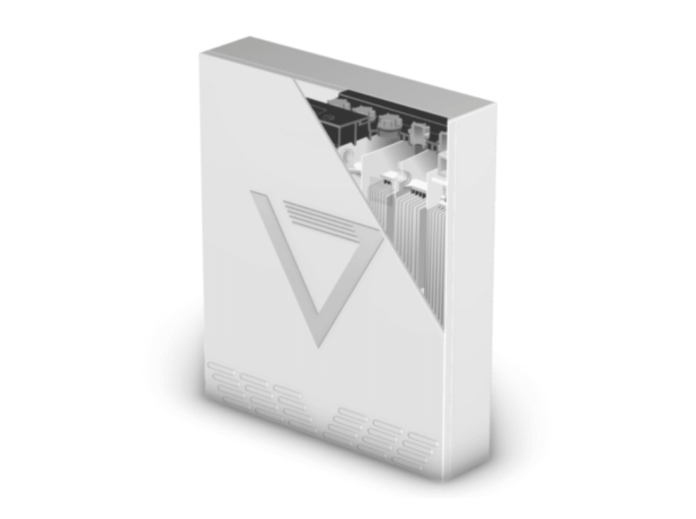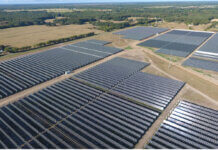The global energy storage market is projected to grow to $546 billion by 2035, according to a report from Lux Research.
One of the largest markets will likely be residential energy storage, with an expected compound annual growth rate of 76% and $8 billion revenue increase over the next three years.
Analyst Chloe Holzinger, one of the report’s lead authors, said that the energy storage market as a whole is “poised for a massive increase in annual revenue and deployment capacity.” Innovative technologies reaching commercialization will drive this increase.
With the energy storage market projected to see dramatic growth, among the most active companies in the industry are NeoVolta, Tesla, SolarEdge and Enphase Energy:
–NeoVolta, the only pure-play energy storage company on this list, recently delivered initial orders worth $473,000 to PMP Energy of Nevada. Earlier this year, the two companies signed a three-year exclusive distribution agreement, in exchange for PMP Energy providing a minimum of up to $15 million in purchase orders. PMP Energy will provide dealers with training and certification to install NeoVolta systems in homes.
–Tesla has enormous reach and scale in global energy storage. The company recently began construction of the world’s largest battery storage facility. In residential energy storage, the Powerwall has been Tesla’s flagship product since 2015. The Powerwall 2’s lithium-ion battery has 13.5 kWh of storage capacity and can deliver 7 kW of peak power and 5 kW of continuous power while balancing home energy and Tesla vehicle energy needs.
–SolarEdge Technologies develops a wide range of smart solar energy technologies. SolarEdge began as a manufacturer of power optimizers, inverters and monitoring systems for PV arrays. In recent years it has expanded into components for residential energy storage. SolarEdge’s residential storage products include smart EV chargers and the new Energy Hub inverter.
–Enphase Energy started in 2006 and became a global supplier of solar microinverters before expanding into energy storage. Like NeoVolta, it uses lithium iron phosphate battery chemistry for its new Enphase Encharge home energy storage system. The Enphase Encharge 10 and Encharge 3 systems offer scalable battery storage capacities of 10.1 kWh and 3.4 kWh, respectively.
Photo: NeoVolta’s Our Battery web page




